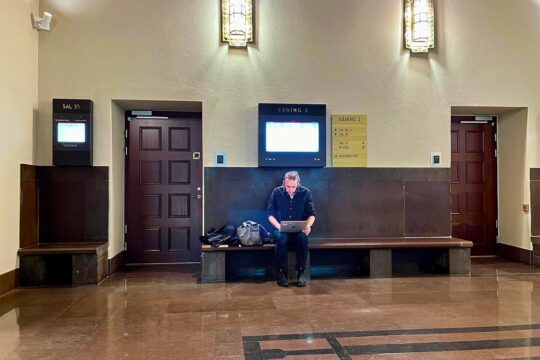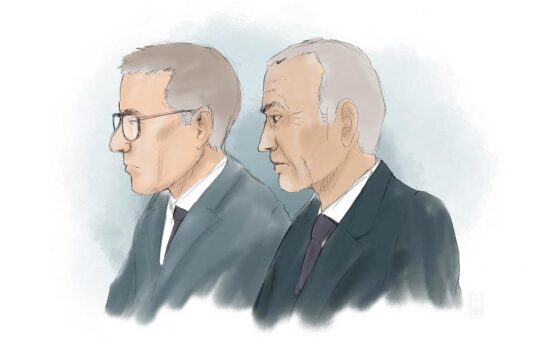A ceasefire in South Sudan's capital appeared to hold for a second straight day Wednesday after intense fighting that killed hundreds of people and forced tens of thousands to flee their homes.
No gunfire or artillery was heard in Juba and planes were seen leaving the international airport although commercial flights are yet to resume.
"No gunshots today. I have seen no tank, no helicopter," said a city resident who did not want to be named.
More people emerged on to the streets but many remain cautious after four days of heavy fighting that began in earnest on Friday evening, took a pause on Saturday -- the young country's fifth independence anniversary -- and resumed Sunday and Monday.
The death toll from Saturday and Sunday's battles is not yet known but around 300 were killed in just a few hours on Friday.
Adama Dieng, the UN Special Advisor on the Prevention of Genocide, said some civilians "were reportedly targeted based on their ethnicity".
The United Nations said that around 36,000 people had fled their homes for the supposed safety of UN bases, churches and aid agency compounds.
Two Chinese UN peacekeepers were killed and others wounded in the days of fighting that was heaviest in an area called Jebel to the west of the city where ex-rebels had a military base close to a UN camp for people previously uprooted in the civil war that began in December 2013.
- 'Hunger and despair' -
The violence marks a fresh blow to last year's peace deal which has failed to end the civil war that erupted in December 2013, when President Salva Kiir accused Vice President Riek Machar Machar of plotting a coup.
Kiir is a member of the Dinka tribe, while Machar is a Nuer, and the conflict has split the country along ethnic lines.
The August 2015 agreement did not end the conflict but did pave the way for Machar's return to the capital in late April to take up the deputy post again in a so-called unity government.
Machar was permitted to return with around 1,400 lightly-armed former rebel soldiers and Kiir was supposed to retain no more than 3,400 armed forces, with the city being otherwise "demilitarised".
However, during fighting on Sunday and Monday tanks, helicopter gunships and anti-aircraft guns were all deployed to bombard Machar's positions.
Speaking in the Ethiopian capital Addis Ababa, a Machar spokesman, Goi Jooyul Yol, described the situation as "fragile" and accused Kiir's forces of surrounding Machar's.
"This is a provocation," he said.
The catastrophic impact of the civil war on civilians has been worsened by the recent fighting with the head of the UN food agency said 75 percent of the population now needed humanitarian aid.
"Three quarters of the population of South Sudan is in need of humanitarian assistance," World Food Programme chief Ertharin Cousin said in Amman.
"This latest conflict is going to push even more people into hunger and despair," she said.


